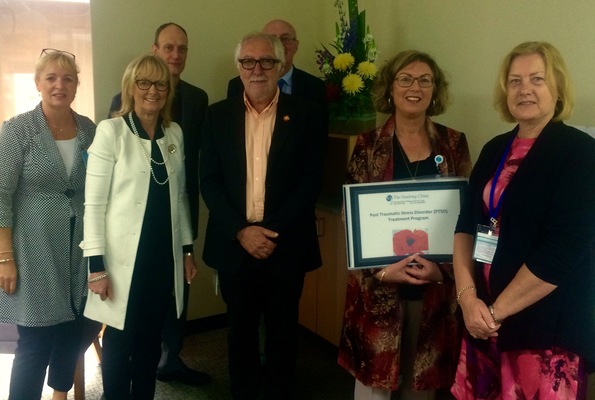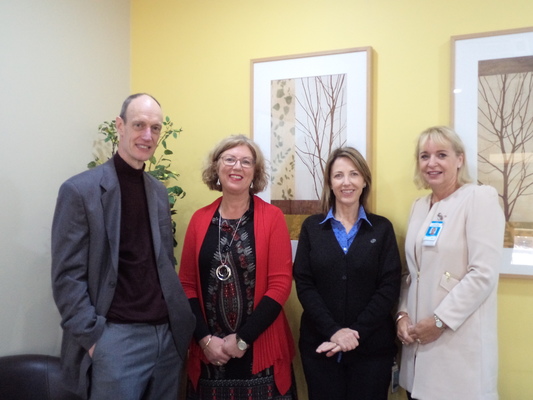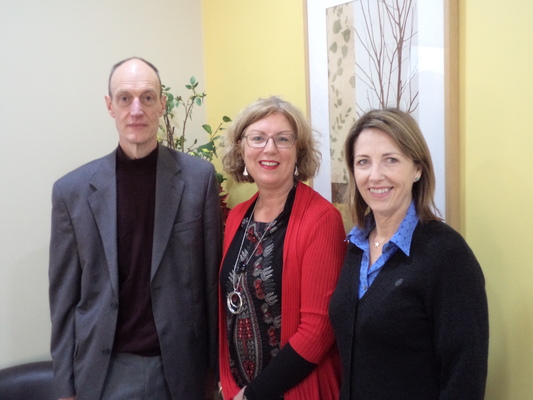When “people expect you to be superhuman” it can take its toll, says a Geelong police officer.
“In a way, you buy into their notion and you can fix anything because you do to an extent,” she says.
“The hard thing is when you believe you’re strong enough to deal with anything, the emotional toll of many and varied traumatic incidents over a sustained period can bring it all undone.
“You realise that you’re not superhuman, and suddenly it all falls apart.”
The officer, who wishes to remain anonymous, suffers from Post-Traumatic Stress Disorder (PTSD).
“I felt weak,” she says, “you feel guilty because you weren’t strong enough. You feel you have let the community down, as well as your colleagues and your family.
“Many friends tell me they don’t know how I do my job – I can’t anymore. The memories and visions will never leave me. They are a part of me, they torment me.”
But thanks to a new partnership with Worksafe, The Geelong Clinic is now offering PTSD treatment to first responders – like the policewoman.
“My treatment at The Geelong Clinic has been fundamental in starting to rediscover a lot of what I have lost,” she says.
“I’m not ‘fixed’ but I’m on the path towards recovery. I don’t feel weak anymore, and I know now that I’m not alone.”
First responders are the first to arrive at an emergency, and deal with crashes, death, violence and other circumstances well outside of ‘everyday life’.
The policewoman found herself suffering from sleeplessness and round-the-clock anxiety, and wanted to withdraw from friends.
But the xlinic’s 12-week PTSD program is helping her deal with her symptoms.
“When you begin to understand how your brain works, it takes some of the fear out of the PTSD symptoms,” she says.
The PTSD program is offered to veterans, and is funded by the Department of Veteran Affairs.
Serving ADF Personnel are also eligible to receive treatment, and the program is accredited by ACHS and endorsed by Phoenix Australia, the Centre for Post Traumatic Mental Health.
The program involves anxiety and anger management, trauma-focused cognitive behaviour therapy, drug and alcohol education, and individual and group therapy.
“It also gives me the ability to articulate what I am feeling and experiencing,” the policewoman says.
“The strength of the bond formed with this PTSD group at the Geelong Clinic is enormous. We have bared our souls to each other, shared our stories and our fears.”
Get the latest news to your email inbox FREE!
REGISTERSponsored Content









